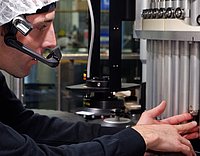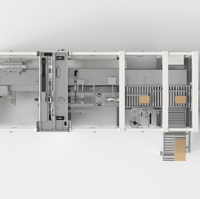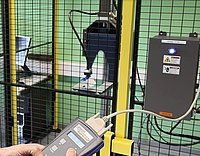
Imagine you are an up and coming cell therapy company. You have gone through the exploration phase, with all of its complexities and are in the process of finalizing a breakthrough treatment.
At this point a vision begins to develop of how to get to a commercial manufacturing setting, with all the tools and systems in place to support the process. The tools that worked well for you in the past may not necessarily work moving forward. There will be a need to consider new ways of doing things within the company to be successful moving forward.
As the vision to commercial manufacturing becomes clearer, there has to be some major considerations on ways to improve and streamline the manufacture of cell and gene therapies. Some of the considerations include cost of production, ability to deliver the drugs to the patient on time, preserving the chain of identity throughout the entire process, reduction of manual processes to decrease human error, increase quality through standardization of processes, coordination of supply chain tracking, etc.
When scaling-up to commercial manufacturing, electronic systems are emerging as the only option for managing these kinds of complex processes. A manufacturing execution system, MES, is ideally suited to target the key challenges for cell and gene therapy manufacturers through its capabilities to automate workflows and calculations. Furthermore it offers the ability to review batches by exception, to scale up and scale out therapies and to integrate to equipment as well as already existing IT systems.
For instance Werum’s PAS-X MES has the ability to track and control patient’s material from collection through infusion, provides full EBR to the plant and increases compliance. This helps to greatly reduce the time required for batch disposition and release, as everything is tracked and addressed in real-time. What’s more, MBR functionality, through its user-friendly design and ability to create process libraries, offers a way to expedite recipe creation. Moving to EBR greatly reduces the time needed to make updates to recipes, which is constantly happening in cell therapy – even after commercial manufacturing is achieved.
Together with its Körber partner companies Werum is working on solutions that help streamlining the complex cell and gene therapy workflows and enable delivery at scale of these critical, life-saving personalized medicines.







